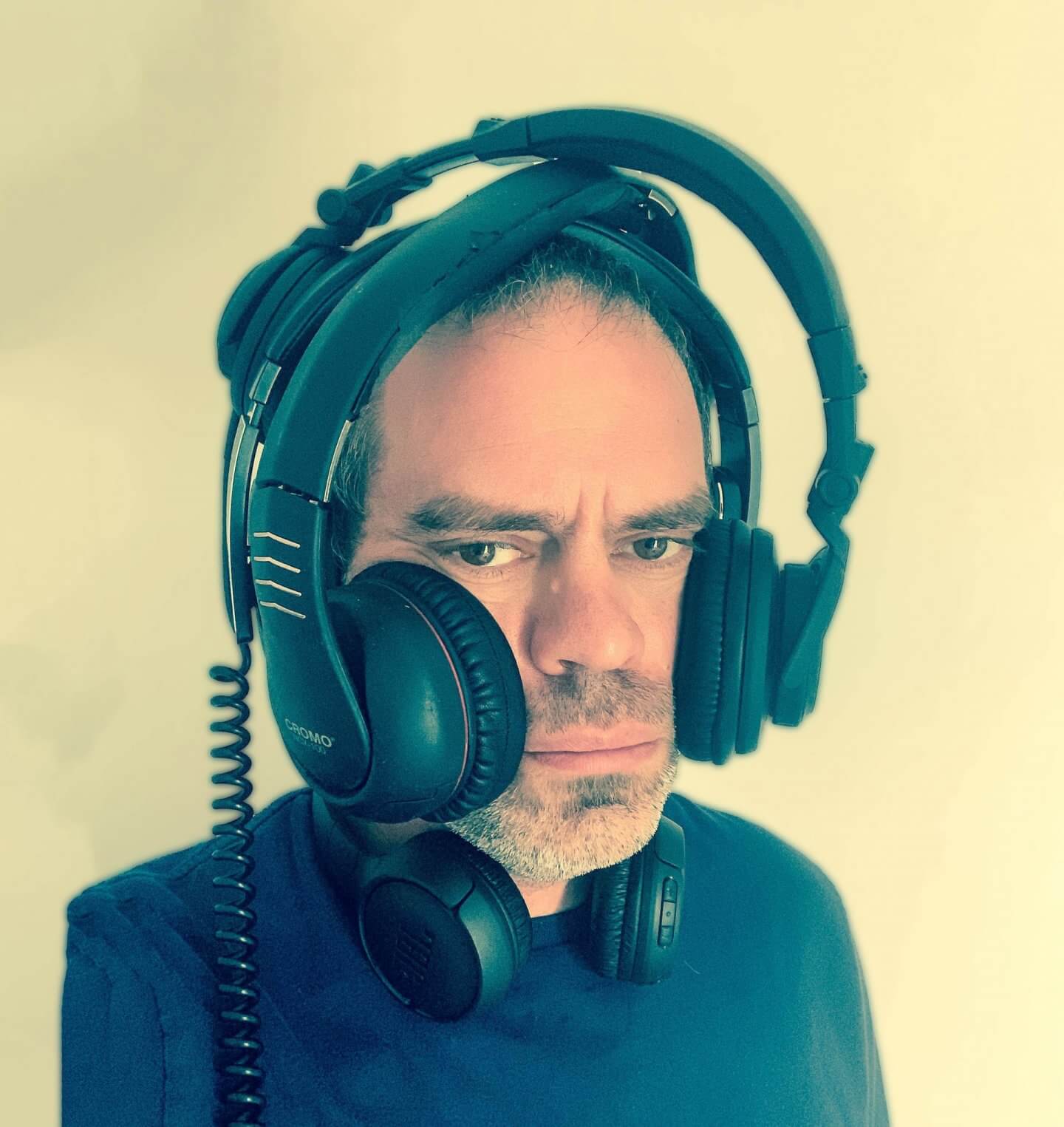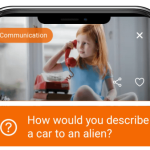“How did you listen to music when you were young?” asked Helen, my 12-year-old daughter. Oh my word, how was I going to answer this?

My eldest child is used to streaming media. She can speak to a device or type in a few words, select a playlist and, bam, the internet delivers.
I ponder how to answer. Should I start by mentioning CDs? Maybe I tell her about this mystical thing called vinyl and how every town had an independent record shop for buying records? Whatever I say, I need to make clear I am not a technophobe and adjusted to the world of MP3 files with incredible ease.
How did I respond? I blurted out the one thing that probably me sound absolutely ancient.
“Errr, well, I listened to the radio a lot. Radio was a lot bigger when I was young.”
I very quickly followed up by explaining that I was a big fan of CDs and cassettes. Helen said she liked cassettes because they were “cute.”
I then moved on to explaining what a seven-inch single was and the difference between that, an EP (Extended Play) and an LP (Long Player) and that you played the singles at 45 revolutions per minute and LPs at 33 revolutions per minute.
By this point even I was getting bored listening to my own voice. To my amazement, however, Helen was listening and taking in every word I was saying. I even explained that LPs used to come with the most amazing artwork, something that has been lost courtesy of the MP3. None of this, however, explained why I was such a big fan of radio.
When I was Helen’s age, my mother would tune into Radio 2 on a genuine, vintage, old-style Roberts radio as I ate breakfast. When she picked me up from school in the afternoon, Radio 2 would be on in the considerably more modern Blaupunkt car radio as we drove home.
As I got a little bit older, it was all about the Friday Rock Show hosted by the late, great Tommy Vance (or Richard Anthony Crispian Francis Prew Hope-Weston to give his full name). I explained to my daughter the Friday Rock Show was like an early form of social media. She found this slightly confusing, so I explained there was a genuine community of people who listened to that show, me being one of them.
I told her that at the age of 13 or 14, I was too young to be out at night. If I tuned in to the Friday Rock Show, however, I knew that all my friends and fellow lovers of rock music from across the UK would be listening in at the same time. It was a genuinely collective experience and offered brief respite from the self-induced teenage misery I lived in.
Oddly, my good friend Stuart and I were reminiscing about the Friday Rock Show a while ago. We both said exactly the same thing: We would tune in on Fridays as much to listen to the music as to reaffirm an invisible bond with both close friends and rock lovers we’d never meet.
All good things come to an end. The Friday Rock Show was phased out in the 1990s and Vance, unquestionably a broadcasting pioneer, passed away in 2005.
Helen took me by surprise when I’d finished telling her all this (and I did tell her all of it). She told me she liked listening to the radio but caveated the statement by adding “Sometimes.”
It’s funny, technology has moved on so much over the years and the way we consume media has changed, yet Helen happily conceded she liked the radio, albeit not quite as much as I did when I was her age.
You know what, while Helen has a foot in the past listening to the radio, I have kept up with trends. I stream all my music and while my unhealthy interest in bad rock music is as strong as ever, although with age my tastes have broadened and I listen to everything and anything from reggae and folk to hardcore dance. I love the convenience of streaming media, but I find I don’t get to learn song titles and albums mean very little as a concept in the 21st century. It’s good, but it’s very different to listening to music the way I did in my youth.
Yet as I was writing this, I made an interesting discovery. When I was Helen’s age, my local town featured both an Our Price and an independent record shop called, I think, Mandy’s. I whiled away plenty of time in both during my youth, browsing the vinyl in the racks. Needless to say, both stores vanished from the high street many, many years ago.
Times have changed and not in the way I expected. An independent record store has opened up in the town in the past few years. In fact, it’s been so successful, it’s opened a second branch in a nearby city.
I have never been to this store, but then next time I am back home visiting family, I shall be taking my daughter. I will show her some vinyl and who knows maybe we’ll even get to play some. Oh and on the way to the store, I’ll be sure to play some music on the car’s radio!







6 thoughts on “Educating my children about music”
You forgot 78’s! Or is it that I’m too old…… I have a large vinyl collection and the kids live playing sometimes my ‘old fashioned’ songs from it.
How on Earth could I forget 78s??
I was born just as Betamax was ending.
I too had a similar conversation with my middle child, she had no idea what a cassette was it the struggles of winding it back with a pencil.
Digital audio is brilliant these days, but you can’t beat the sound of an LP!
Oh Betamax! That brings a whole other element to the discussion! You’re now making me think of those days when I also wound casettes back with a pencil!
One thing that struck me was how many people say they don’t have time for music lessons with their kids anymore—that they are too busy and they don’t feel like it matters anymore much despite the fact that young kids can learn amazing music skills quickly and easily through some simple exercises. Even people who seem like they have musical families are often limited by their lack of musical knowledge; this is a common problem among musicians as well: we take our instruments for granted and just do “what we know how to do,” but when we look back on our lives back then we realize we were doing things differently than we thought—and that these things were actually very important.
The first thing is to think it through. It’s not your children who are going to be the future of music in the world — it’s you. If you’re like me, you will probably never be an expert on any given topic, and you won’t want to spend your life perfecting a particular genre (or in some cases, even know why). Don’t worry; this won’t be an entry point into the realm of music theory. Instead, it’s going to focus on two topics in particular: how we learn and how we teach.